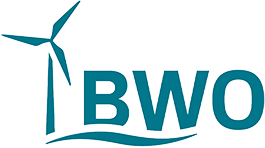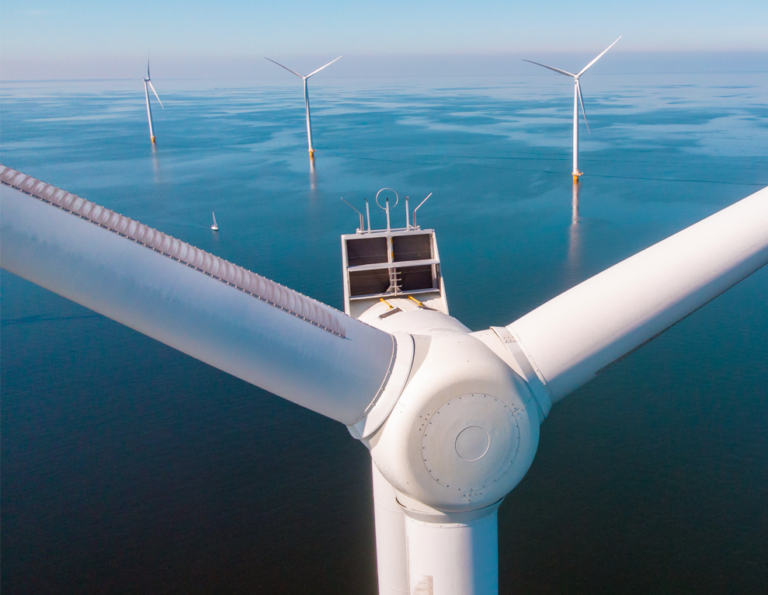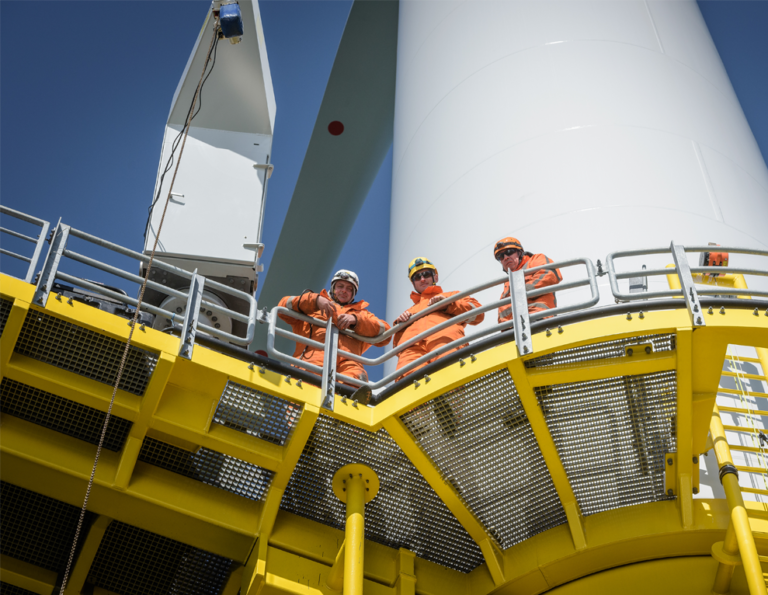Offshore wind energy expansion can spark a new economic miracle
Press statement by Stefan Thimm on the tender results of the offshore wind auctions of the areas that were not pre-examined
"Today's award of four offshore wind farm areas in the German North Sea and Baltic Sea by the Federal Network Agency with a capacity of 7 gigawatts is a big step for the energy transition. It brings us much closer to our goal of installing at least 2030 gigawatts of offshore wind by 30. And it paves the way for a new economic miracle through offshore wind, triggered by billions in investments in offshore wind expansion," says BWO Managing Director Stephen Thimm. Across Europe, investments of over one trillion euros are expected for the planned installation of 400 gigawatts of offshore wind by 2050.
“With their bids, the successful bidders BP and Total Energies show their strong commitment to the further expansion of offshore wind energy in Germany. The results show the profitability of offshore wind technology and the confidence of investors in the German market. These investments are of enormous importance for the expansion of renewable energies and for achieving the climate policy goals of the federal government," comments BWO Managing Director Stephen Thimm the auction results.
In an international comparison, the bids awarded are above the benchmarks determined in the United Kingdom and the USA and significantly exceed the lower valuations recently observed in Ireland and Lithuania. From the point of view of the BWO, the money could have been used more sensibly: With the bids totaling EUR 12,6 billion, an additional 3,6 GW of offshore wind farms could have been erected. Given current yields from such areas, the Schwarze Pumpe coal-fired power plant could have been replaced in order to reduce CO2 save emissions of 11,8 million tons per year; more than twice as much as the speed limit of 120 km/h would have saved.
“Now it is important to lay the industrial policy foundations so that the winners of the auctions can successfully implement their projects. The high negative bid component puts additional pressure on the value chain. We need suitable framework conditions to eliminate the foreseeable bottlenecks in the value chain, for example in industrial capacity for the construction of wind turbines, foundations and the installation ships required for this. The announced national port strategy must plan for a corresponding expansion of the German seaports capable of carrying heavy loads in order to be able to ensure strong added value and employment through offshore wind in this country as well,” adds Thimm added.
Hintergrund:
The Federal Network Agency today awarded contracts for four tendered offshore wind farm areas in the North Sea and Baltic Sea: three areas in the North Sea, each with a capacity of 2 gigawatts, and one in the Baltic Sea with a capacity of one gigawatt. Several bidders have submitted bids for each area with a bid value of zero cents per kilowatt hour. In doing so, they forego funding. For this case, the Offshore Wind Energy Act provides for a dynamic bidding process. The bidder with the highest willingness to pay per area was awarded the contract.
Around 8,3 gigawatts of offshore wind energy are currently installed in the German North and Baltic Seas. The awarded offshore wind farms with a capacity of 7 gigawatts are to be completed in the third quarter of 2030 on areas that have not been pre-examined and connected to the power grid.
You can access the fact sheet with further information on the results of the calls via this link. 230712_Worth knowing about offshore tenders



